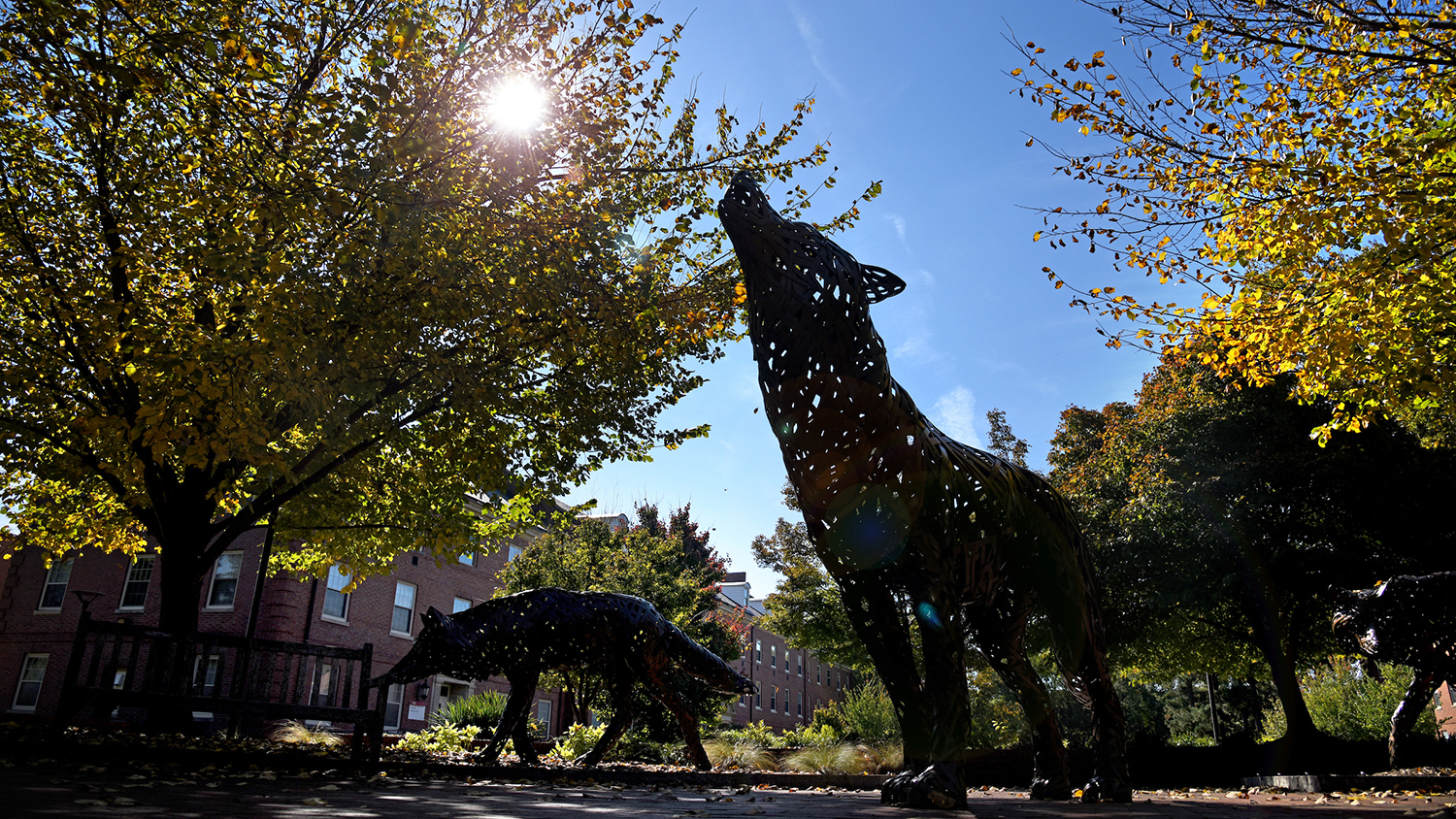College of Education Recognized as a STEM School of Excellence by the International Technology and Engineering Educators Association

The NC State College of Education has been recognized as a STEM School of Excellence by the International Technology and Engineering Educators Association (ITEEA) STEM Center for Teaching and Learning.
The designation recognizes outstanding schools for their commitment to providing a robust integrative STEM education program and their outstanding leadership in the field of STEM education.
Previously only offered for middle and high schools, the STEM School of Excellence recognition was available to postsecondary institutions for the first time in 2023.
“We like to think that by being the inaugural award winner, along with some other universities, that we’re setting the standard for the future. That it’s not only something that we can maintain, but expand upon,” said Erik Schettig, a lecturer in technology, engineering and design education who was heavily involved in applying for the recognition.
To earn the STEM School of Excellence recognition, institutions undergo a rigorous process to demonstrate the strength of their integrative STEM program.
For this, Schettig and Assistant Teaching Professor Steven Miller included elements from the technology, engineering and design program such as the outreach they do with students through university partnerships as well as with student organizations like the Technology and Engineering Education Collegiate Association (TEECA) and Epsilon Pi Tau, the professional fraternity for the technology, engineering and design field.
They highlighted work TEECA has done with local high school students involved in the Technology Student Association and SkillsUSA as well as the success the NC State VEX robotics team, run by Assistant Teaching Professor Parks Newby, has had in recent years. In addition, Schettig highlighted the university-industry partnership between the college, Duke Energy and the FREEDM Systems Center, which provides materials for students to allow them to build scale-model electric vehicles and practice with equipment and software they could use in their future classrooms or careers.
The application also includes highlights about the number of faculty members who are in member organizations, serve as supervisors to student organizations, participated in research and published articles.
“I put the stuff down on paper, but it was really about identifying the collaboration within the department of all the faculty members,” Schettig said. “When we add up all the amazing things that our faculty do, that’s where it really came together to bring us this award.”
As a STEM School of Excellence, the College of Education will serve as a model for other institutions to learn effective best practices and those practices will be shared more broadly by ITEEA into the wider STEM community.
In applying for and earning this designation, Miller said it has helped him and his colleagues not only reflect on what they are doing well as educators, but examine ways they can continually improve in order to best serve all students.
“Looking at all the elements for the application helped us to enlighten things where we know we have opportunities for growth,” he said. “But the other side of that is for us to make sure that the areas that we are already doing well in, that bring so much value, are areas where we continue to grow to ensure that we always remain a model for this type of award.”
Schettig and Miller were also recently recognized themselves by ITEAA as emerging leaders during an April 2023 awards ceremony.
- Categories:


